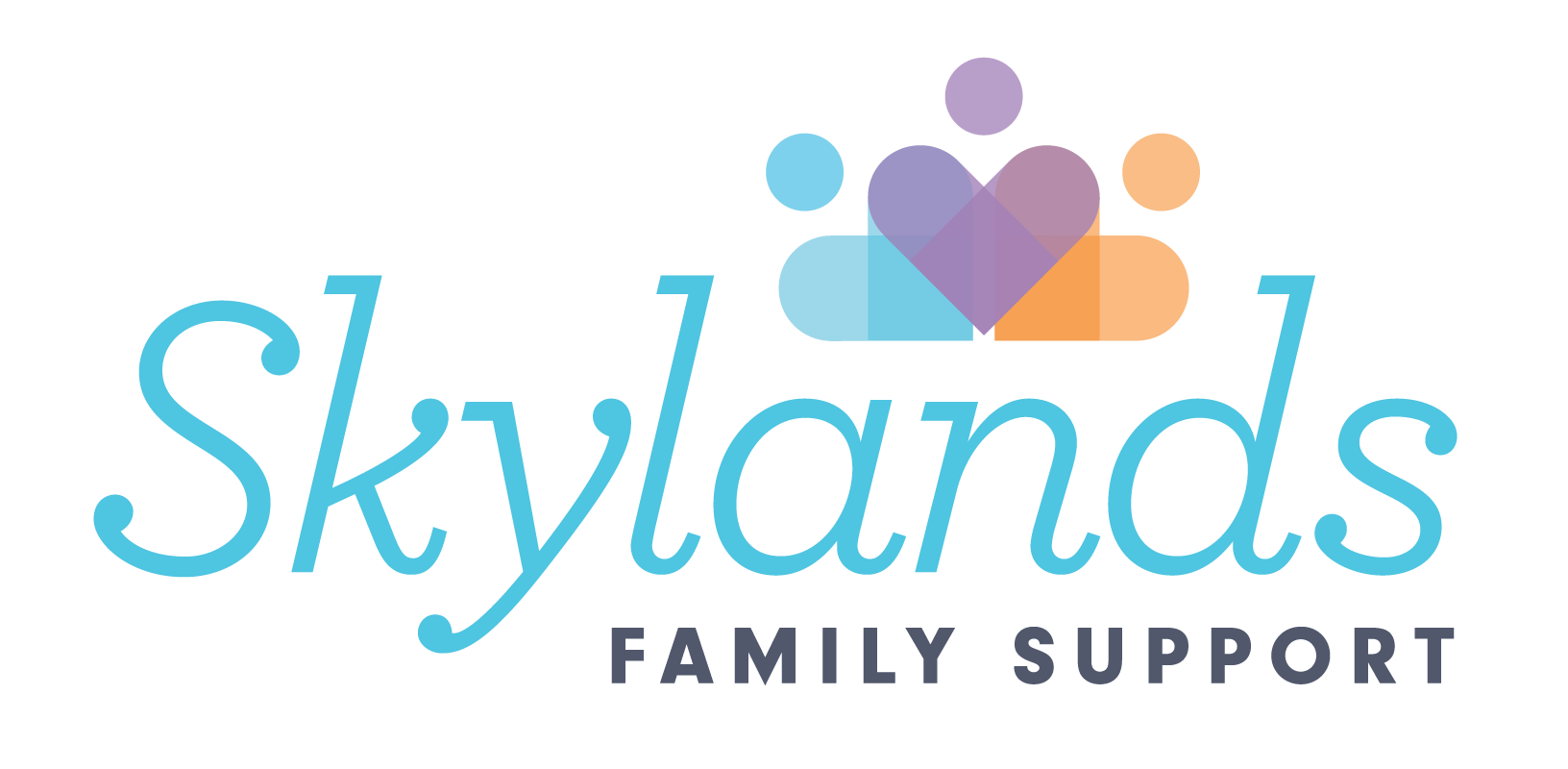How Support Coordinators Can Help Families Access Specialty Disability Services in NJ
Navigating disability services can feel overwhelming for many families. From understanding eligibility requirements to identifying therapies, adaptive programs, and assistive technologies, the sheer breadth of options can make even the most proactive caregivers feel lost. Support coordinators are here to help families make sense of it all.
In New Jersey, families have access to a rich network of services designed to support individuals with disabilities. However, knowing how to find and access these services can be challenging. Support coordinators bridge this gap and work to ensure families receive the support they need.
The Importance of Support Coordination
At its core, a support coordinator’s role is to help families connect with the right services and resources. They connect families with the vast network of community, state, and private disability services available in New Jersey. Their work goes beyond simply providing information; they help families make strategic decisions based on each individual’s strengths, needs, and goals.
Support coordinators assist with:
- Identifying relevant New Jersey Division of Developmental Disabilities (NJ DDD) programs
- Coordinating with schools and community organizations
- Accessing funding streams or state programs
- Evaluating assistive technologies that can enhance independence
By taking a holistic approach, support coordinators help families feel supported rather than overwhelmed, ensuring that every decision is practical and personalized.
The Individualized Support Plan (ISP)
A key part of effective support coordination in New Jersey is the ISP. Think of the ISP as a roadmap that outlines all the supports, services, and goals that are most important for the individual. It’s a personalized plan that ensures every therapy, program, and piece of assistive technology is selected with intention and aligned to your loved one’s needs and strengths.
Support coordinators guide families through the ISP process, helping them identify short- and long-term goals, track progress, and adjust services as needs change. The ISP not only documents which services an individual is receiving, but also how those services work together to promote independence, skill-building, and quality of life.
READ MORE: 6 Steps to Creating an Individual Service PLan (ISP) Tailored to Your Loved One
Connecting Families to Specialized Therapies
Specialized therapies are often key to improving the quality of life and promoting independence for individuals with disabilities. These therapies can include physical therapy, occupational therapy, speech therapy, behavioral interventions, and more. With all of these specialties, finding a qualified provider and ensuring continuity of care can be a challenge.
Support coordinators help make this process much more manageable. They maintain up-to-date knowledge about therapy providers across New Jersey so families can find services that truly meet their loved one’s needs. Support coordinators also help families navigate state-funded programs, clarifying what services are available and how to access them.
Exploring Adaptive Programs
Adaptive programs are designed to provide recreational, educational, and social opportunities tailored to individuals with disabilities. These programs are more than just fun; they foster essential skills, build confidence, and create opportunities for community engagement.
Support coordinators help families discover programs that match both interests and abilities. Examples include:
- Adaptive sports: Swimming, basketball, soccer, and other sports programs adapted for various mobility and developmental levels.
- Social skills groups: Programs designed to develop communication, teamwork, and self-advocacy skills.
- Educational enrichment: Tutoring, life skills workshops, or vocational training tailored to specific learning needs.
Identifying and Implementing Assistive Technologies
Assistive technologies can dramatically improve day-to-day functioning for individuals with disabilities. From mobility aids and hearing devices to communication tools and smart home adaptations, these technologies empower individuals to live more independently.
Support coordinators help families:
- Assess needs: Determine which devices or technologies will provide the greatest benefit based on an individual’s abilities and goals.
- Access funding: Assist with identifying grants, insurance coverage, or state programs that cover the cost of assistive devices.
- Get proper training: Ensure both the individual and their caregivers know how to effectively use the technology.
With guidance from a support coordinator, families can make informed choices about assistive technologies, ensuring that each investment truly enhances quality of life.
Understanding New Jersey’s Resources
New Jersey offers a wide range of programs designed to support individuals with disabilities, but navigating the system can be daunting. Support coordinators are familiar with these resources and can help families access them efficiently. Key resources include:
- NJ DDD programs: Services for individuals with developmental disabilities, including residential support, day programs, and more.
- NJ FamilyCare (Medicaid): Health coverage that may include therapies, medical equipment, and care coordination.
- Other community-based programs: Local nonprofits, recreational centers, and advocacy organizations offering specialized services and peer support.
Supporting Families Beyond Services
Beyond connecting families to programs and therapies, support coordinators provide invaluable guidance and support. They stand alongside families to navigate challenges, celebrate progress, and adjust plans as needs change. Their ongoing presence ensures that families never feel alone in managing the complexities of disability services.
Final Thoughts
Navigating New Jersey’s disability services can feel overwhelming at times, but families don’t have to do it alone. Support coordinators bring clarity, guidance, and a personal touch, helping families uncover the therapies, programs, and technologies that truly fit their loved one’s needs.
At Skylands, our team is dedicated to helping families and their loved ones access the right services and resources to meet their unique needs. Reach out today to learn how we can help you navigate the journey with confidence and care.




